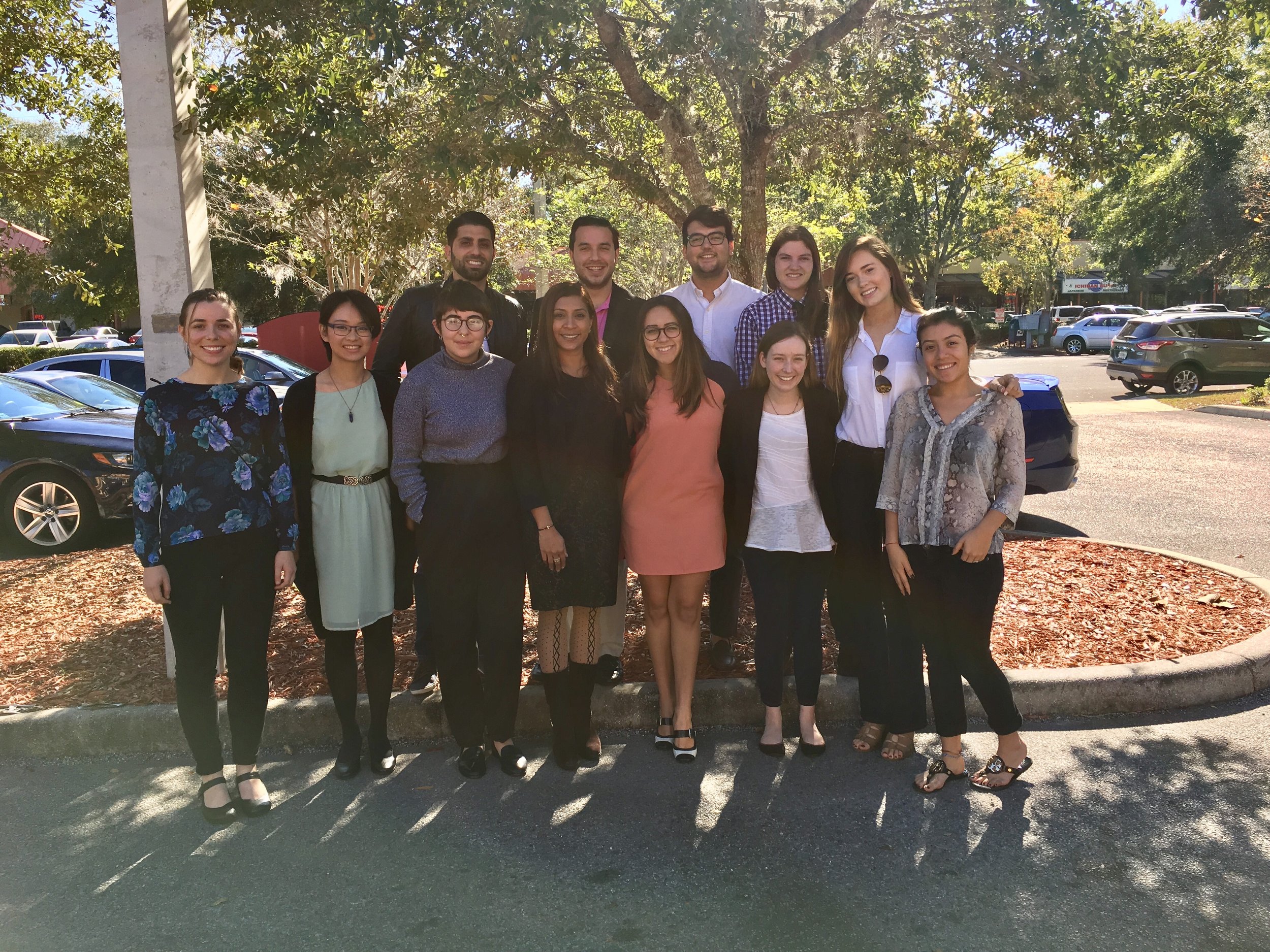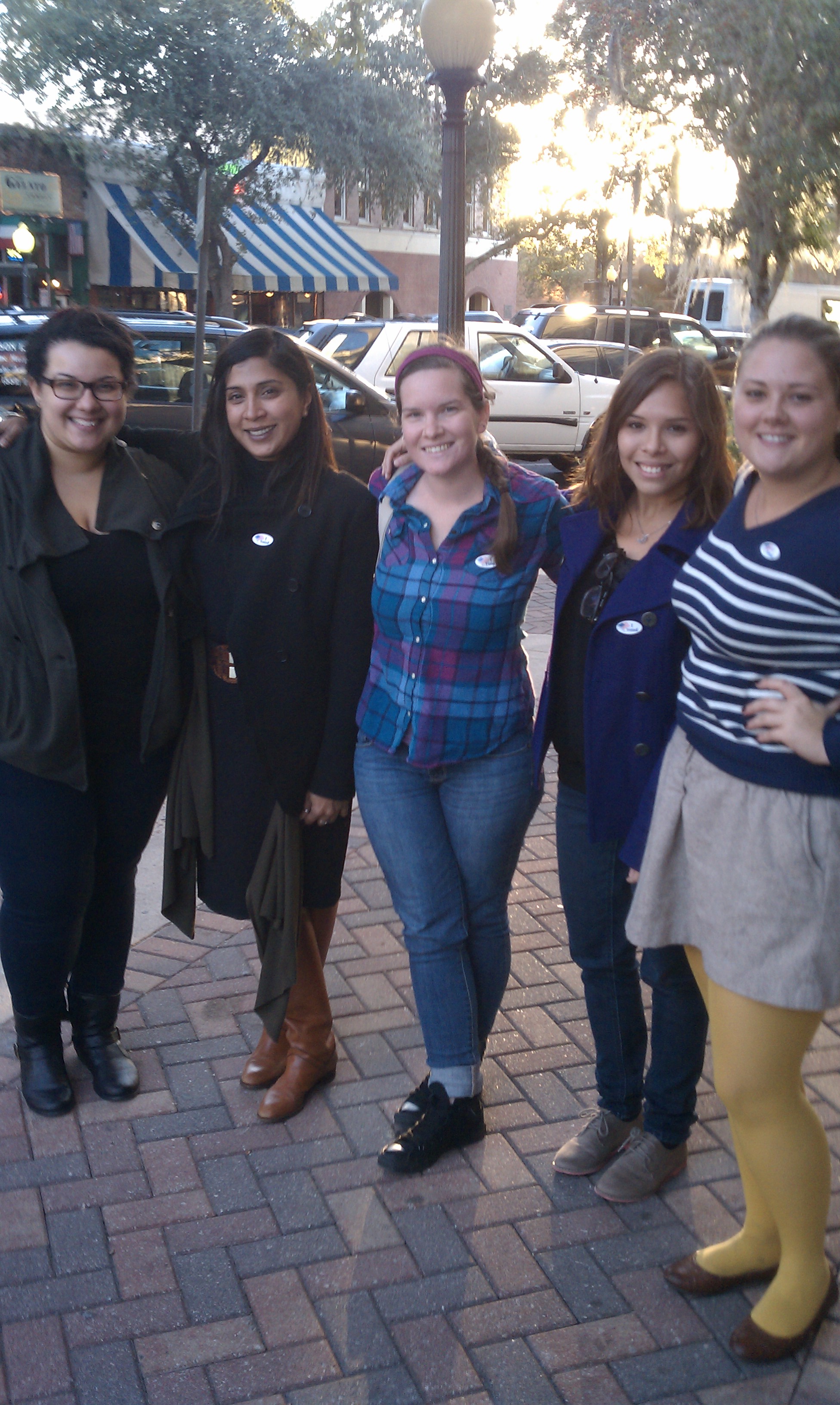“Education is the key to unlocking the world, a passport to freedom.”


teaching philosophy
When organizational behavior scholars write about which qualities are the most important for leaders, they often emphasize two qualities/characteristics: warmth and competence. And recent research shows that leaders are pretty split when it comes to the attributes:
“Our data showed that 53.5% of leaders were dominant in Competence and 46.5% were dominant in Warmth. We then examined differences between men and women. Stereotypes of women characterize them as demonstrating more Warmth; however, the data presents a different conclusion […] 59.3% of women were more dominant in competence compared to 53.8% of men.” (Zenger)
In other words, despite the pressure to be “warm and fuzzy” women leaders defied these assumptions by exhibiting characteristics most associated with expertise. Studies like this are important to highlight in the classroom because part of my job as a teacher is to prepare my students for the world outside of academia. My teaching philosophy utilizes a case-based approach and emphasizes critical thinking and applied knowledge. I give my students a variety of ways in which they can demonstrate applied knowledge and depending on the type of class I am teaching—lower-level undergraduate versus upper-level undergraduate or graduate classes—I usually have students work in teams on semester-long projects. I find that this approach allows me to assess more accurately how a student processes, creates, and explains what they have learned (competence) while given them the freedom to manage their time, their team dynamics, and hone their organizational skills (warmth).
My students have used words like “inspirational”, “amazing lectures”, and “respected” to describe my teaching while acknowledging that I can have “high expectations” and that attendance and participation in my classes are a big component of how I evaluate students. Showing up to things, and showing up on time, consistently, should matter. It does in the workplace, and so why not train for it while in college? You can read students’ assessment of my teaching here.
Online Excellence in Teaching Award Ceremony, 2016. From left: Associate Provost Evie Cummings, Dr. Anita Anantharam, Course Instructional Designer Dr. Heather T. Daniel Maness, and UF President Dr. W. Kent Fuchs



